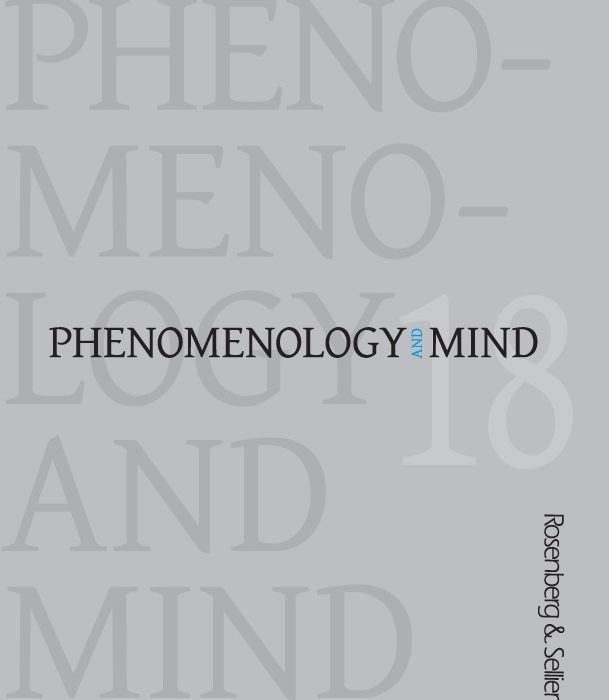
Daria Baglieri sulla Hyperthymesia
Nel giugno del 2019 la mia allieva Daria Baglieri partecipò alla San Raffaele Spring School of Philosophy 2019 con una relazione che è stata adesso pubblicata sul numero 18/2020 della rivista Phenomenology and Mind, numero dedicato alle «Psycopathology and Phenomenology Perspecitives».
Pdf del testo:
Wardens and Prisoners of Their Memories: The Need for Autobiographical Oblivion in Highly Superior Autobiographical Memory (HSAM)
Phenomenology and Mind, 18/2020, pagine 110-117 (pdf)
Il saggio analizza la sindrome ipertimesica, una delle più gravi malattie della memoria perché impedisce di dimenticare, di sciogliere i ricordi nella trama profonda del divenire, lasciandoli invece immobili e paralizzanti, costringendo in questo modo il soggetto che ne è affetto a non vivere più il flusso del tempo.
La prospettiva fenomenologica di Baglieri risulta preziosa per comprendere le radici profonde, non soltanto neuronali, di questa condizione, proponendo un approccio terapeutico esistenziale che potrà avere sviluppi fecondi sia in ambito filosofico sia clinico. Poiché, scrive Daria, «within the Daseinanalysis framework, somatic symptoms are clear expressions of an unresolved and demanding sorrow which can only be cured by allowing for a natural time flow. Indeed, time is the last hermeneutic resource for reaction: while people talk to the analyst, things to come to light that have been bottled up and unsaid; the flowing of time allows this. […] The therapeutic path which allows people to look back on life experiences in a different way requires oblivion. Remembering is useful at first; later we need to forget. […] Memories need to be reinvented through oblivion. […] Through the experience of its finitude, life is projected towards the future, eventually providing a new sense to the past that is coherent with the changes imposed by Time».
Abstract
Human consciousness is a finite entity; therefore, memory must be selective: remembering must also mean being able to forget. In 2006, James McGaugh documented the first known case of hyperthymesia —a syndrome that affects a very limited percentage of the world population. The main symptoms of this mental disorder involve the concept of memory stuck in the past, where the individual is imprisoned by his or her own memories, and any projection towards the future is precluded. The inevitable change produced by the flowing of time naturally helps people to find reasons to live and to search for a sense of being in the world. The present study puts forward a phenomenological approach to hyperthymesia in the quest for a natural, healthy form of oblivion, or the ability to forget. Through existential analysis, it could be possible for the individual to recover the natural and necessary structure of Dasein.



